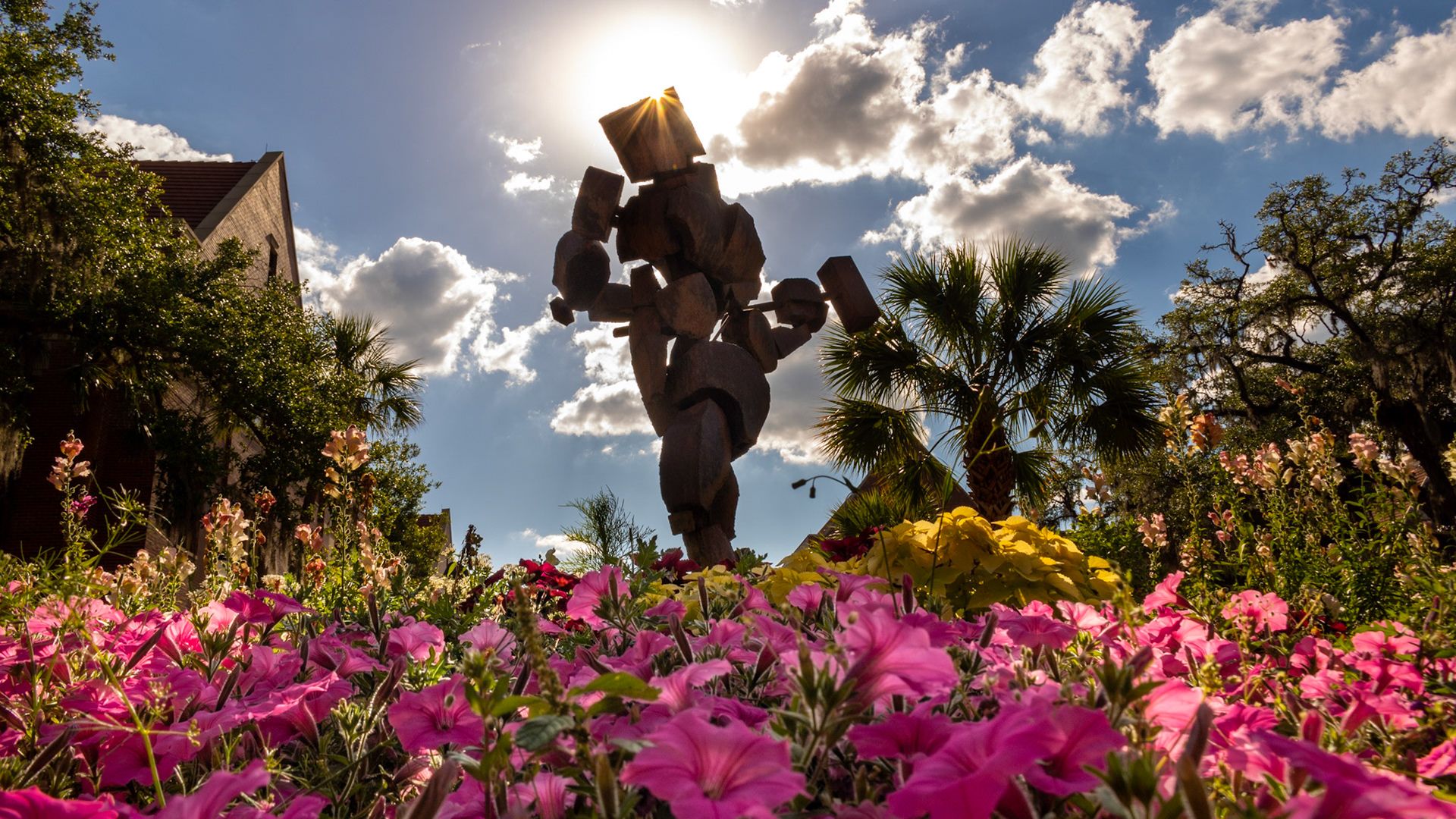 Universities are constantly growing to meet the needs of increasing enrollment and a changing society. Florida State University strives to do so sustainably. To ensure that FSU adheres to the sustainability goals outlined in our Strategic Plan, campus-wide efforts are made to be responsible stewards of campus land and resources.
Universities are constantly growing to meet the needs of increasing enrollment and a changing society. Florida State University strives to do so sustainably. To ensure that FSU adheres to the sustainability goals outlined in our Strategic Plan, campus-wide efforts are made to be responsible stewards of campus land and resources.
grounds
The Grounds department at Florida State University maintains the athletic fields, campus landscape, operates a nursery, and oversees the Solid Waste and Recycling program.
Master planning
Over 1,000 of FSU’s 1,529 acres are managed by FSU Grounds in accordance with an organic land care standard or sustainable landscape management program. This includes: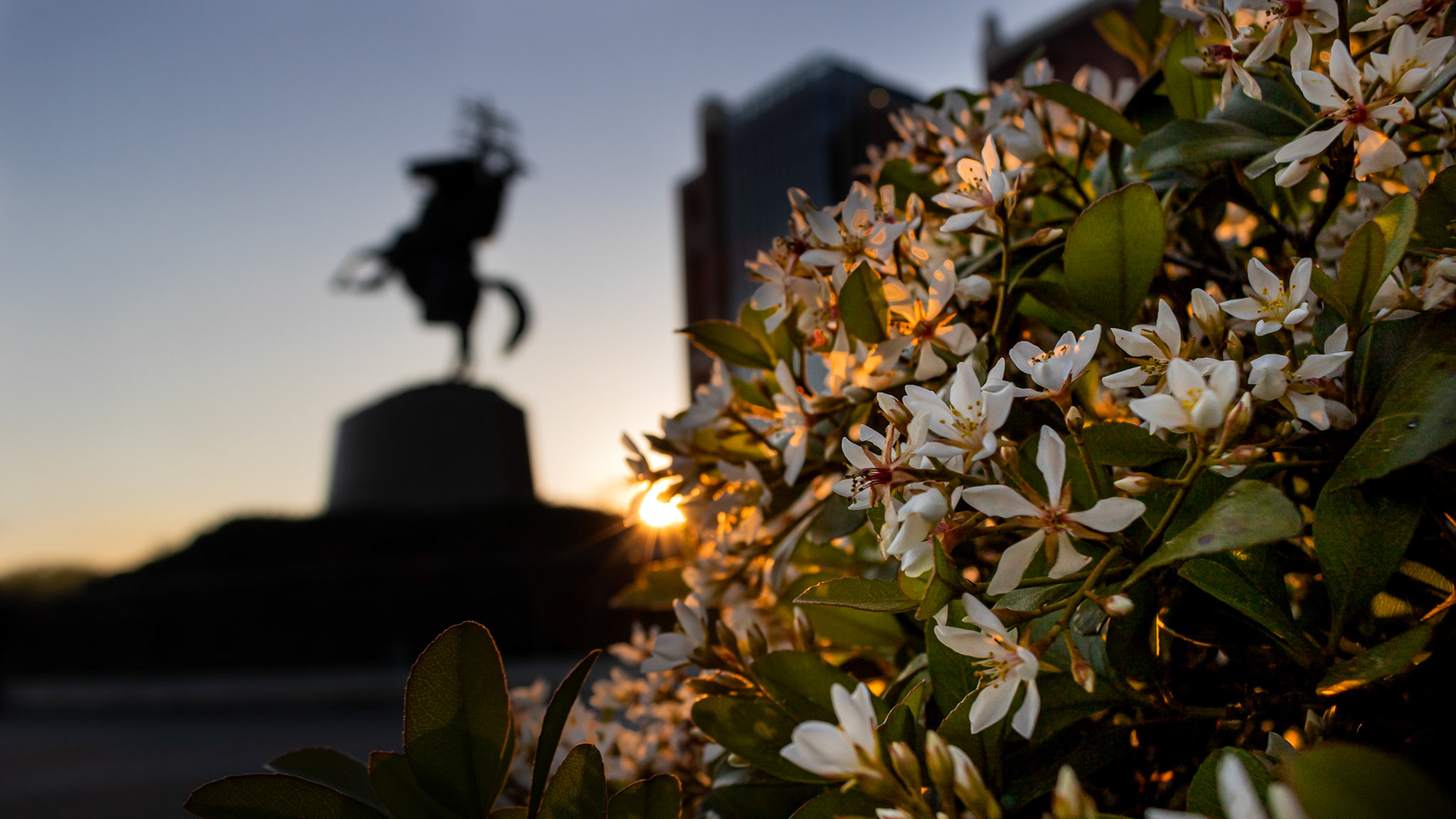
- caring for old trees, flower beds, and various native plants around campus so they can be enjoyed year-round
- eliminating the use of inorganic fertilizers and chemical pesticides, fungicides, and herbicides in favor of more sustainable materials
- utilizing good sanitation, physical removal of infected plants, and bio-rational techniques
- using beneficial microbes and the removal of weeds to help encourage natural decomposition in the soil
- leaving natural leaf litter on site where possible to decompose and return nutrients to the soil naturally
- collecting various yard and tree debris to send to the FSU nursery where it is ground into mulch to be used again around campus
- reusing cut grass clippings when mowed to help feed the grass
Landscape Design
As with any good landscape design, FSU Grounds considers the existing conditions created by the built environment and attempt to improve the space. This is accomplished by using:
- appropriate tree placement to increase available shade during the hottest months of the year
- shrub placements to soften the built environment
- arrangement for visual interest
Additionally:
- native plant species and drought tolerant plants are considered first in the landscape design planning process
- native older, robust trees and fruit-bearing plants are cared for year-round on campus
- during construction, trees are salvaged and replanted in other areas on campus whenever possible
- protecting and incorporating already existing plants as well as utilizing as many native plant species as possible
- converting irrigation control systems to utilize smart controllers which are better at managing water usage than previous campus irrigation systems
Conservation
FSU properties at Alligator Point and the surrounding forest at the FSU Coastal & Marine Laboratory are kept in their natural state, providing tree cover and habitat to wildlife. These properties fall within the Apalachicola National Forest, Florida’s largest National Forest. This tract of forest land, spanning 571,088 acres, includes six watersheds, pitcher plant savannas, and a thriving longleaf pine population which is crucial for the survival of the red-cockaded woodpecker. FSU is proud to have a hand in conserving this important habitat.

pollinators
FSU is committed to protecting wildlife and pollinators through responsible grounds management practices.
Pollinator friendly plants
T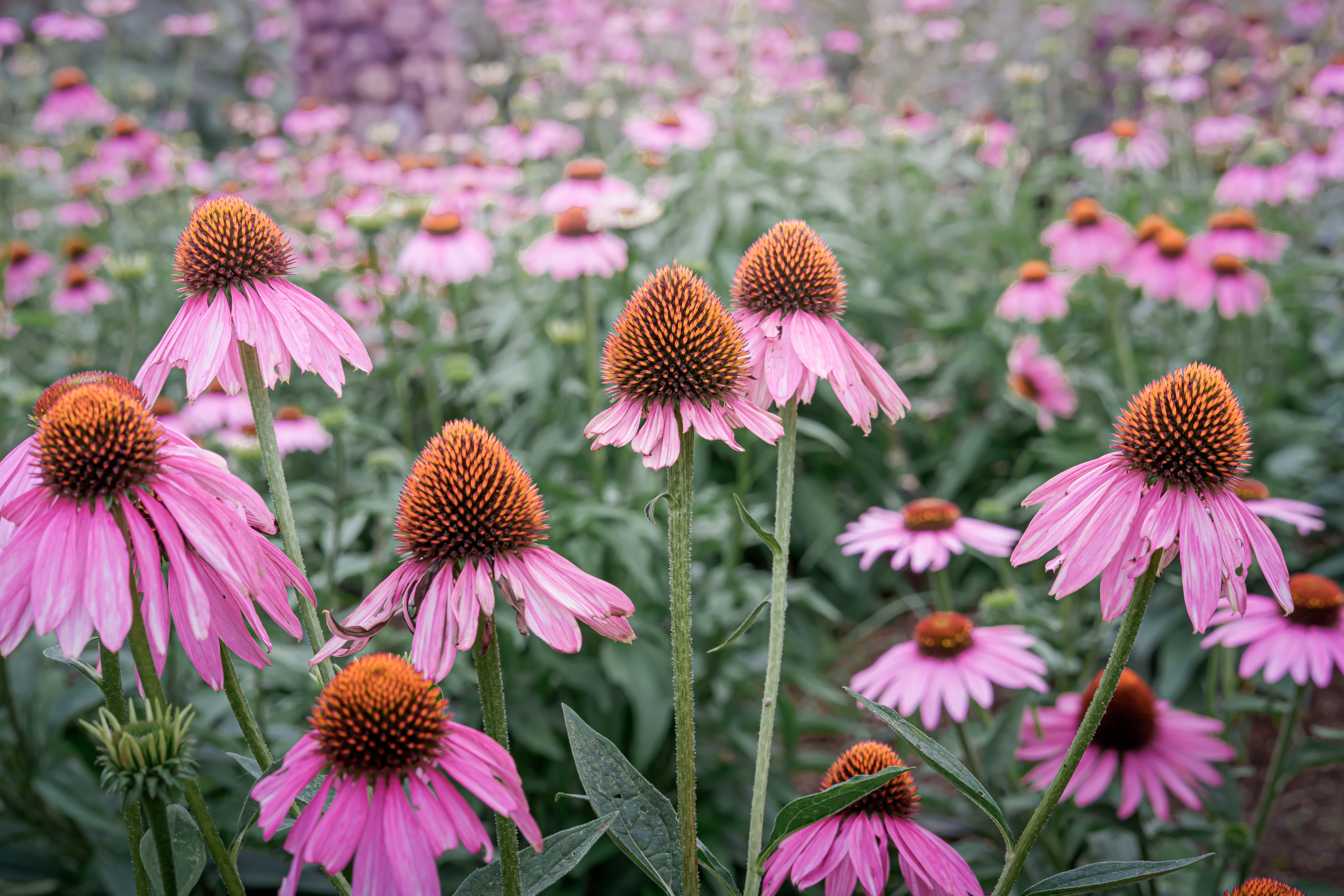 h
h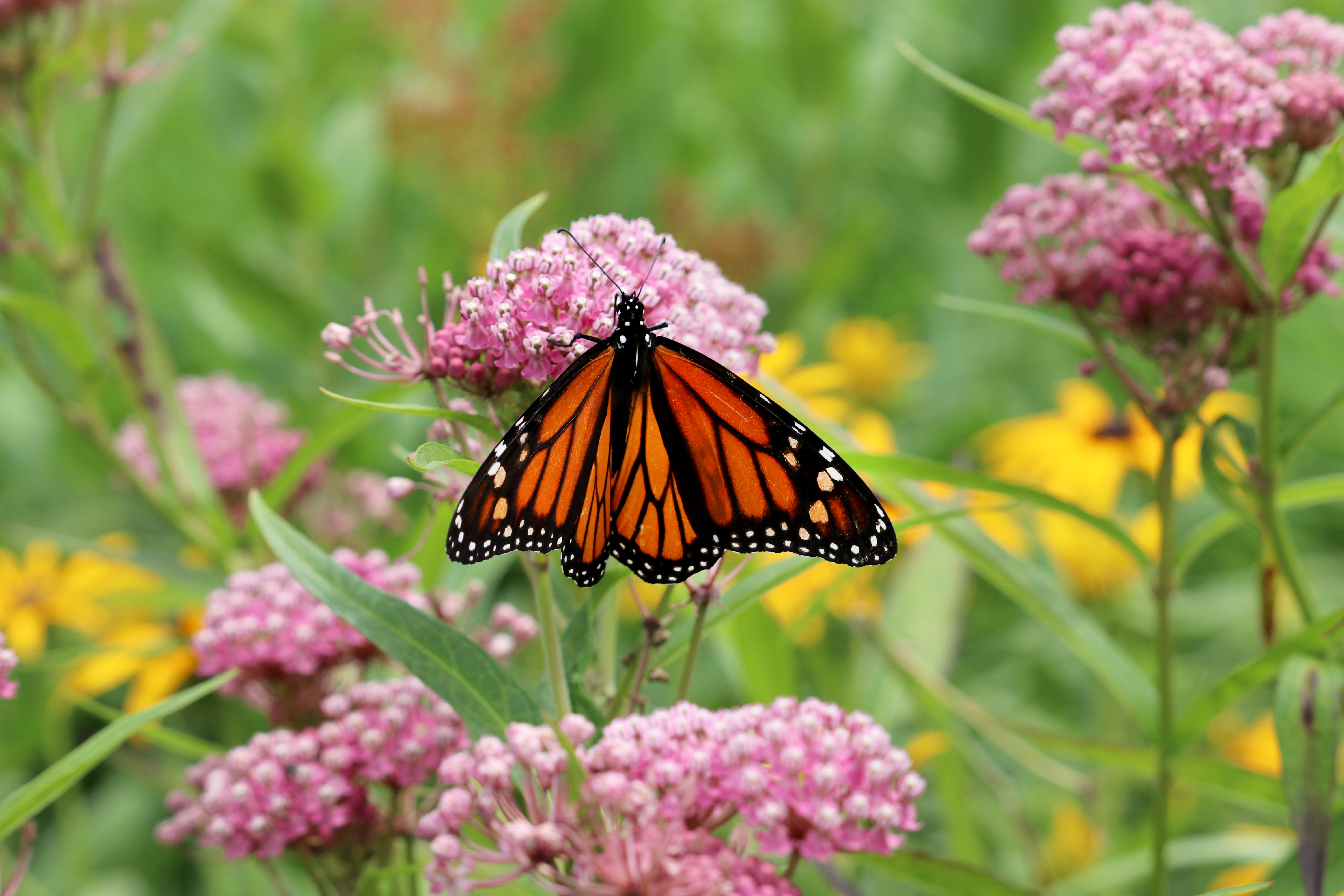 e
e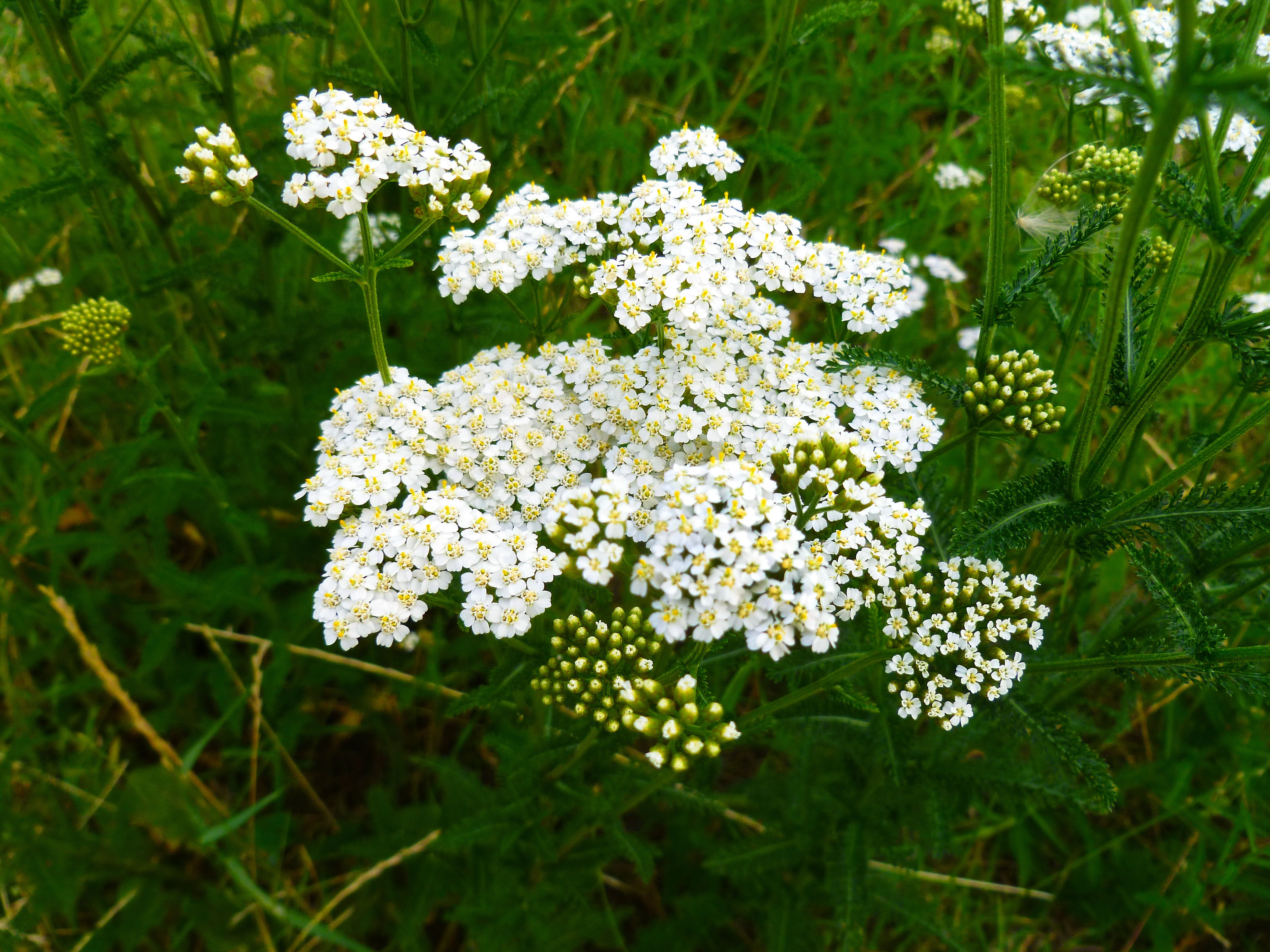 re are many landscaped areas on campus with native flowering plants. These plants include purple coneflowers, common yarrow, and swamp milkweed. Keep an eye out for these and more around campus. Additionally, there is a designated pollinator bed in the Seminole Organic Garden.
re are many landscaped areas on campus with native flowering plants. These plants include purple coneflowers, common yarrow, and swamp milkweed. Keep an eye out for these and more around campus. Additionally, there is a designated pollinator bed in the Seminole Organic Garden.
Hive Relocation and Maintenance
FSU’s Grounds team is well-educated and equipped to deal with identifying and relocating pollinator nests as needed. When Grounds receives a report about a pollinator nest, the first step is identifying the type of insect. If the nest is honeybees, it is likely left alone unless it’s in a high traffic area. If that’s the case, a beekeeper is contacted to humanely remove and relocate the colony. Hives can be reported by submitting a work order with the location of the nest and/or hive or calling The Service Center. FSU does everything possible to protect pollinating insects and encourages the campus community to do the same.
Prevention
In some locations where wasp nests are reoccurring and in high-traffic areas, Grounds team members will place a decoy hornet’s nest. The mock nest deters wasps from nesting nearby without any pesticides or harmful chemicals.
